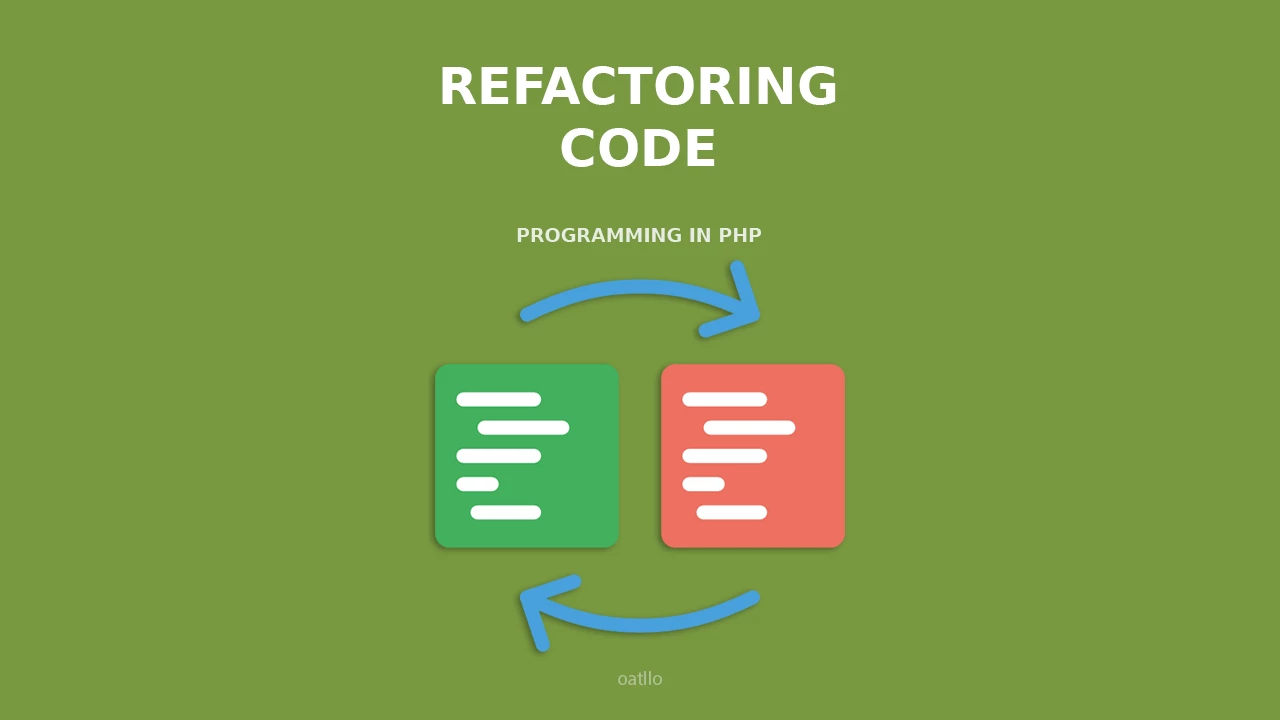Enhance Your PHP Performance: Tips and Best Practices
If you’re looking to improve performance in PHP, you’re in the right place. PHP is a powerful scripting language that can drive dynamic web applications, but without the right optimizations, your PHP applications can become slow and inefficient. In this section, we will explore various strategies and techniques to help you enhance the performance of your PHP applications.
Optimize Your PHP Code
One of the first steps in achieving optimal PHP performance is to write clean and efficient code. Analyze your code for any redundancies or unnecessary calculations. Utilize built-in PHP functions whenever possible, as they are often optimized for better performance. Also, consider using autoloading to improve performance by loading classes only when needed. By optimizing your PHP code, you can significantly reduce load times and enhance overall user experience.
Implement Caching Strategies
Caching is essential for speeding up PHP applications. By storing frequently accessed data in memory, you can reduce the time it takes to retrieve information from a database or external source. Consider using tools such as OPcache to cache compiled PHP code, or implement an application-level caching mechanism using Redis or Memcached to optimize database interactions and reduce server load.
Database Optimization Techniques
A significant portion of PHP application performance relies on database efficiency. Utilize indexed queries to speed up data retrieval and minimize the load time on your PHP scripts. Additionally, you can conduct regular maintenance on your database, such as optimizing tables and removing obsolete data, to further enhance performance. Making use of prepared statements can also drastically improve query execution times in your PHP applications.
Utilizing PHP Frameworks
Many PHP frameworks such as Laravel, Symfony, and CodeIgniter come with built-in features aimed at maximizing performance. These frameworks help streamline coding practices and come with robust caching and data handling mechanisms. Choosing the right PHP framework can significantly impact the speed and efficiency of your development process and ultimately lead to a more performant application.
Assess Server Configuration
The performance of your PHP application is not solely determined by the code you write. Server configuration plays a pivotal role as well. Ensure that you are using the latest version of PHP, as newer releases often come with performance enhancements. Configuring your web server (such as Apache or Nginx) correctly can also yield substantial performance improvements. Utilize technologies like HTTP/2 to enhance speed through multiplexing and compressed headers.
Don't forget to check out the articles below to dive deeper into specific optimization techniques and related topics to improve PHP performance.
